How accurate is the rapid syphilis test?
Accu-Tell Product Page
In recent years, rapid syphilis tests have become a pivotal tool for diagnosing syphilis effectively and efficiently. However, a critical question remains: How accurate is the rapid syphilis test? This article delves into various expert opinions to shed light on the accuracy of rapid syphilis testing.
Understanding Rapid Syphilis Tests
Rapid syphilis tests are designed to deliver results quickly, usually within 20 minutes, and often do not require specialized laboratory equipment. They typically involve a simple blood sample, testing for antibodies produced in response to syphilis infection.
Expert Opinions on Accuracy
Dr. Jane McElroy - Infectious Disease Specialist
Dr. Jane McElroy emphasizes that while rapid syphilis tests are extremely useful, their accuracy can vary. "Sensitivity and specificity rates for these tests can range widely based on the population being tested and the prevalence of syphilis in that area," she notes. "In high-prevalence settings, rapid tests can be quite accurate, but in low-prevalence populations, false positives may occur more frequently."
Dr. Samuel Kline - Public Health Official
Dr. Samuel Kline provides a critical perspective. "In studies, rapid tests have shown sensitivity rates between 85% to 98% and specificity rates between 78% to 98%. However, these numbers can be misleading if not contextualized," he explains. "For instance, in populations with low disease prevalence, even a test with a high specificity can lead to a significant number of false positives, which is a concern for public health."
Explore more:How Long Are Laparoscopic Instruments?
How to Choose What Are the Measurements of a Hospital Bed?
Hebei Pukang Medical Instrument Co. Ltd: Quality Innovations
What Are Benefits of a Digital Slit Lamp with Real-Time Imaging?
Digital Slit Lamp vs. Traditional: Enhanced Lighting Uncovered!
Choosing the Right Hospital Bed for Children
Understanding CRO AF: Optimizing Conversion Rates for Your Business
Dr. Lisa Chan - Lab Director
Dr. Lisa Chan, a lab director, highlights the importance of confirmatory testing. "While rapid tests are a great first step, they should always be followed by confirmatory testing, especially if the rapid test is reactive,” she asserts. “There are occasions when rapid tests yield false negatives, particularly in early infections when antibodies may not yet be detectable."
Dr. Raj Patel - Epidemiologist
Dr. Raj Patel adds a broader perspective regarding the impact of testing accuracy on syphilis control efforts. "Rapid testing has revolutionized how we diagnose and manage syphilis, especially in marginalized communities where access to healthcare may be limited," he says. "Even with the inherent variability in accuracy, the benefits of early detection often outweigh the risks, mainly when followed by appropriate confirmatory tests."
Challenges and Considerations
Despite the advantages of rapid syphilis tests, experts agree that challenges remain. False positives and negatives can lead to misdiagnosis and unnecessary anxiety for patients. Moreover, the quality of the tests varies depending on factors like storage conditions and user proficiency.
Conclusion
The accuracy of rapid syphilis tests is influenced by various factors, including the population tested and the type of test used. While rapid testing is an invaluable tool in the fight against syphilis, it is crucial to interpret results carefully and always consider follow-up testing. With ongoing advancements in testing technologies and methodologies, the hope is that the rapid syphilis test will continue to improve in accuracy and reliability.
Explore more:How Safe Are Hospital Stretchers for Patient Transport Challenges?
How Apolo Net Could Change Online Etiquette?
Understanding the Benefits of Titanium Clips in Various Industries
What Is Mydriatic Definition and Its Purpose?
Essential Laparoscopic Instrument Safety Features Explained
Is Your Spinal Surgery Stripper Causing Delays in Recovery Time?
What Factors Influence Purchasing Decisions for Surgical Staples?


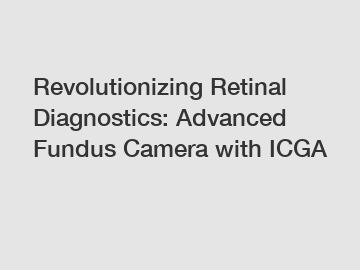
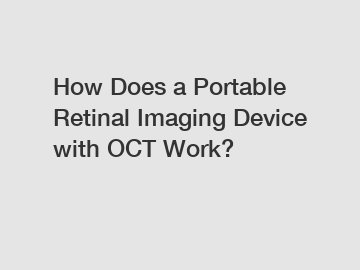
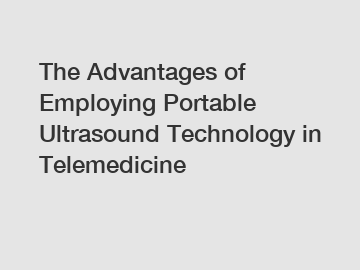
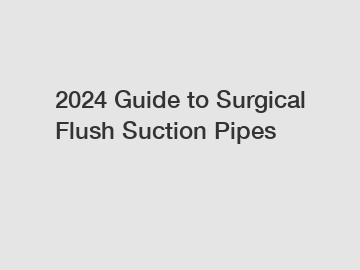

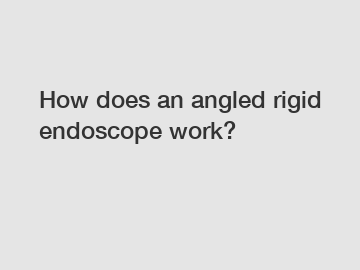


Comments
0